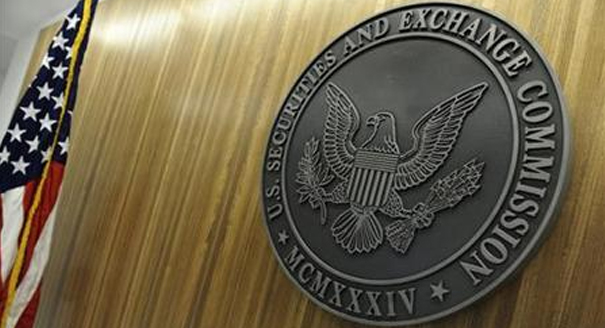The Securities and Exchange Commission today charged credit rating agency DBRS Inc. with misrepresenting its surveillance methodology for ratings of certain complex financial instruments during a three-year period. The firm agreed to pay nearly $6 million to settle the charges.
An SEC investigation that followed an annual examination of DBRS by the agency’s Office of Credit Ratings found that the firm misrepresented it would monitor on a monthly basis each of its outstanding ratings of U.S. residential mortgage-backed securities (RMBS) and re-securitized real estate mortgage investment conduits (Re-REMICs) by conducting a three-step quantitative analysis and subjecting each rating to review by a surveillance committee. The firm did not conduct the analysis on a monthly basis nor did it present each rating to the surveillance committee each month, and when the committee convened it reviewed only a limited subset of the outstanding RMBS and Re-REMIC ratings. DBRS did not have adequate staffing and technological resources to conduct surveillance for each of its outstanding RMBS and Re-REMIC ratings monthly as stated in its surveillance methodology.
The SEC’s order instituting a settled administrative proceeding further finds that DBRS did not disclose changes to certain surveillance assumptions as the methodology stated that the firm would do.
“Rating agencies play a critical role in the capital markets and have an obligation to investors to comply with their published rating and surveillance methodologies,” said Andrew J. Ceresney, Director of the SEC’s Division of Enforcement. “Lack of resources is no excuse for failing to conduct surveillance promised in various SEC filings and other public documents.”
The SEC’s order finds that DBRS violated the following provisions of the federal securities laws and requires the firm to cease and desist from violating such provisions in the future: Sections 15E(b)(1) (failing promptly to amend its NRSRO application), 15E(b)(2) (failing to list material changes in annual NRSRO certification), 15E(c)(3)(A) (internal controls violations), 15E(d)(1)(E) (failure to maintain adequate resources to consistently produce credit ratings with integrity), and 17(a) (books and records violations) of the Securities Exchange Act and Securities Exchange Act Rules 17g-1(e) (failing promptly to amend its NRSRO application), 17g-1(f) (failing to list material changes in annual NRSRO certification), and 17g-2(a)(2)(iii) (failure to maintain records of the rationales for material differences between quantitative model output and final ratings).
Without admitting or denying the findings in the SEC’s order, DBRS agreed to disgorgement of $2.742 million in rating surveillance fees it collected from 2009 to 2011 plus prejudgment interest of $147,482 and a penalty of $2.925 million. DBRS also agreed to be censured and retain an independent consultant to assess and improve its internal controls among other things.
The SEC’s investigation was led by John Rossetti with assistance from Thomas Bednar, and the case was supervised by Douglas C. McAllister. The Enforcement Division worked closely with Thomas Butler, Rita Bolger, and David Nicolardi in the SEC’s Office of Credit Ratings as well as Eugene Canjels in the SEC’s Division of Economic and Risk Analysis.


